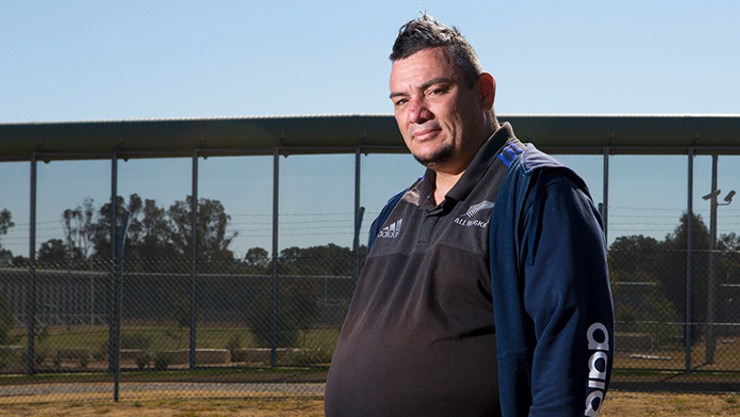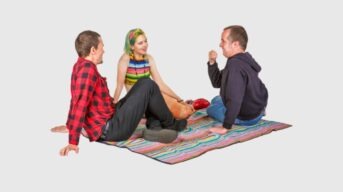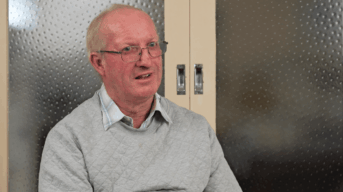Life on the other side of Juvenile Justice
Justen Thomas is sharing his experiences to help improve the way our justice system supports people with intellectual disability. And importantly, Justen has good advice about how young people can avoid getting into trouble.
We asked Justen to tell us about what he has been doing and why it’s important to him.
You have been working on a project with CID. What was this project about?
It was training for staff who work at Juvenile Justice.
The training was to help the staff make things better for young people with a disability who get involved with Juvenile Justice.
We wanted to teach the staff about cognitive disability and what issues young people with disability face.
We also taught them about the NDIS and how the young people could get on to the NDIS.
What made you want to be involved with the project?
I’ve always had an interest in Juvenile Justice based on my experience.
And being involved in this project helps me to achieve this.
What was it like going to the Juvenile Justice centres and speaking to the staff?
At first I was a bit nervous, but a half day into it I felt good.
You don’t know how it’s going to be, or what feedback you’re going to get.
But the next half day was good.
And Dubbo was even better. I was more confident.

What were the best things about working on the project?
It’s all been good. The best was being able to do our job and speak, inspire. It’s hit a few people there. Touching speeches. The speeches made an impact.
The feedback was good.
What is your advice to young people with disability? How can they avoid being involved with the wrong crowd?
Have interests and activities. I’ve got the car races. I volunteer at the V8 car races every year.
Mixing with all people, grow your interests with people.
Seek some ideas of what goals you might have. For instance, I’ve got a few V8 friends. We meet a few days before we volunteer for the race. It’s kind of like family.
Interests, activities, hobbies can go a long way.
About our Juvenile Justice project
Research shows that people with cognitive disability are over-represented in the criminal justice system. Many of these young people have not been diagnosed, so they do not receive appropriate treatment within the system and may be totally unaware that NDIS supports may be available for them.
Through our Juvenile Justice project, we are providing information sessions for staff who work with young people on corrective orders in centres and community. Justen’s first-hand experience is invaluable in helping staff understand what it is like for a young person with a cognitive disability. The project provides information and tools to help staff better support young people with a cognitive disability.
Our Juvenile Justice project receives funding from the NSW Department of Family and Community Services.



 1800 424 065
1800 424 065 














